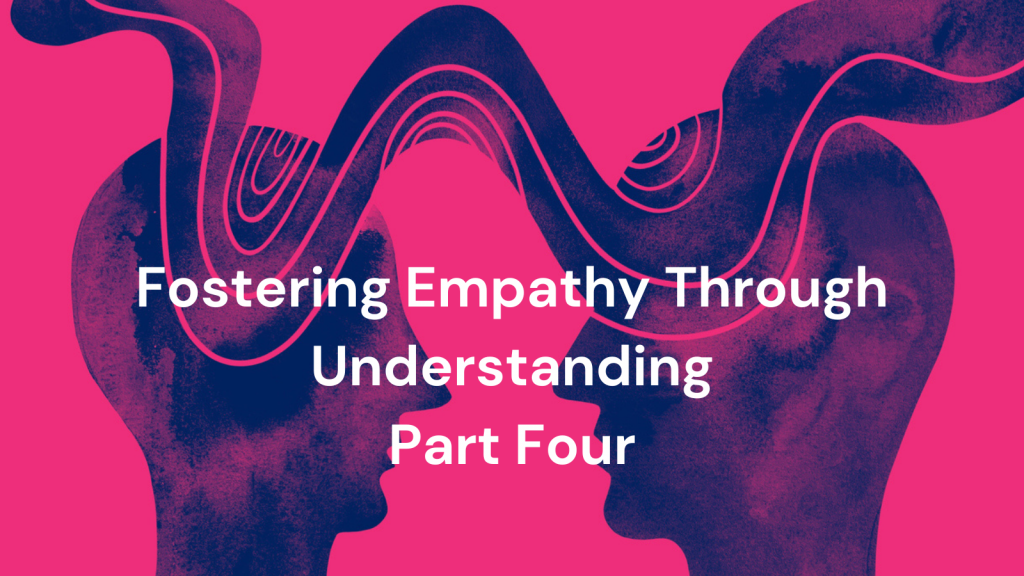Part Four: How can teacher leaders and administrators work together to maintain a strong partnership even when conflict arises?
This is the fourth of a six-part series exploring the relationships between administrators and teacher leaders. Curated by Kristen Engle, Laurie Rigg, and Megan Vosk of the AMLE Teacher Leaders Committee)
Teacher leaders and administrators work closely to ensure that the mission, vision, and values of their schools are consistently implemented. However, conflict and mistrust between both sides can arise as a result of power imbalances and misunderstandings. As part of our work with the AMLE Teacher-Leaders Committee, we conducted a survey in December, 2022 asking AMLE members to share what they thought were the most pressing issues facing teacher-leaders today. Of the responses, the most common issues cited related to conflicts with administrators.
To help bridge the gap between teacher leaders and administrators, as well as build empathy, we thought it would be helpful to ask both groups to answer questions about their roles and responsibilities. We sent six questions to teacher-leaders and administrators in our national and international networks. What follows are the responses that were shared. While they have been edited and condensed for clarity, their substance has not been changed.
This Q&A will be shared in a six-part series and, at the conclusion of the series, will also be published as an easy reference/starting point for discussions between teams. If teacher leadership is of interest to you, please also check out our three part webinar series “Growing Yourself as a Teacher-Leader,” which will be coming this fall.
Part Four: Maintaining Strong Partnerships
In Parts One-Three we explored the questions
- “What is the hardest part of your role?”
- “What do you wish people knew about your position?”
- “How can teacher leaders and administrators work together on creating a ‘Why” and a school vision?”
In this, Part Four, of the series we explore the viewpoints of both teacher leaders and administrators in response to the question, “How can teacher-leaders and admin work together to maintain a strong partnership even when conflict arises?” We hope you find these viewpoints useful when navigating difficult situations in your own career. Remember, relationships can be sustained. There is opportunity for growth in conflict, and working through conflict can help build stronger partnerships.
“How can teacher-leaders and admin work together to maintain a strong partnership even when conflict arises?”
What do you think? Did any of the responses resonate with you? Surprise you? Share your thoughts in the comments and stay tuned for Part Five, in which we will dig a little deeper as we discuss the question: “How do you show empathy in your position?”
Many thanks to all the voices who shared their perspectives with us, especially those from AMLE’s Principals/Assistant Principals and Teacher Leaders committees.
List of contributors:
Administrators:
- Liz England, Vientiane International School
- Casey Faulknall, Hong Kong International School
- Andy Ferguson, Vientiane International School
- Amy Ganaden, Oakhill Day School
- Mike Hammond, Oliver W. Winch Middle School, South Glens Falls, NY
- Ian Hoke, International School Basel
- Tanay Naik, UNIS Hanoi
- Tara Waudby, International School Basel
Teacher Leaders:
- Megan Balduf, Frost Middle School, Fairfax, VA
- Rachel Booth, Commonwealth Charter Academy, PA
- Cait Burnup, Franklin Avenue Middle School, Franklin Lakes, NJ
- Jason DeHart, Wilkes Central High School, Wilkesboro, NC
- Kristen Engle, Rockwood South Middle School, Fenton, MO
- Miguel Gomez, Murray State University, Murray, KY
- Roger Jack, Maple Shade School District, NJ
- Joseph S. Pizzo, Black River Middle School, Chester, NJ; Centenary University, Hackettstown, NJ
- Laurie Rigg, Rugby Middle School, Hendersonville, NC
- Megan Vosk, Vientiane International School, Laos

This is all really good stuff. I think it’s so important to have a united front from the teacher and administrator perspective. How are the kids supposed to learn if they sense unrest and unease from the people that make the choices that shape their education? And remember, compromise is key! Talk and communicate because this isn’t just for your sake, it’s for the students as well.